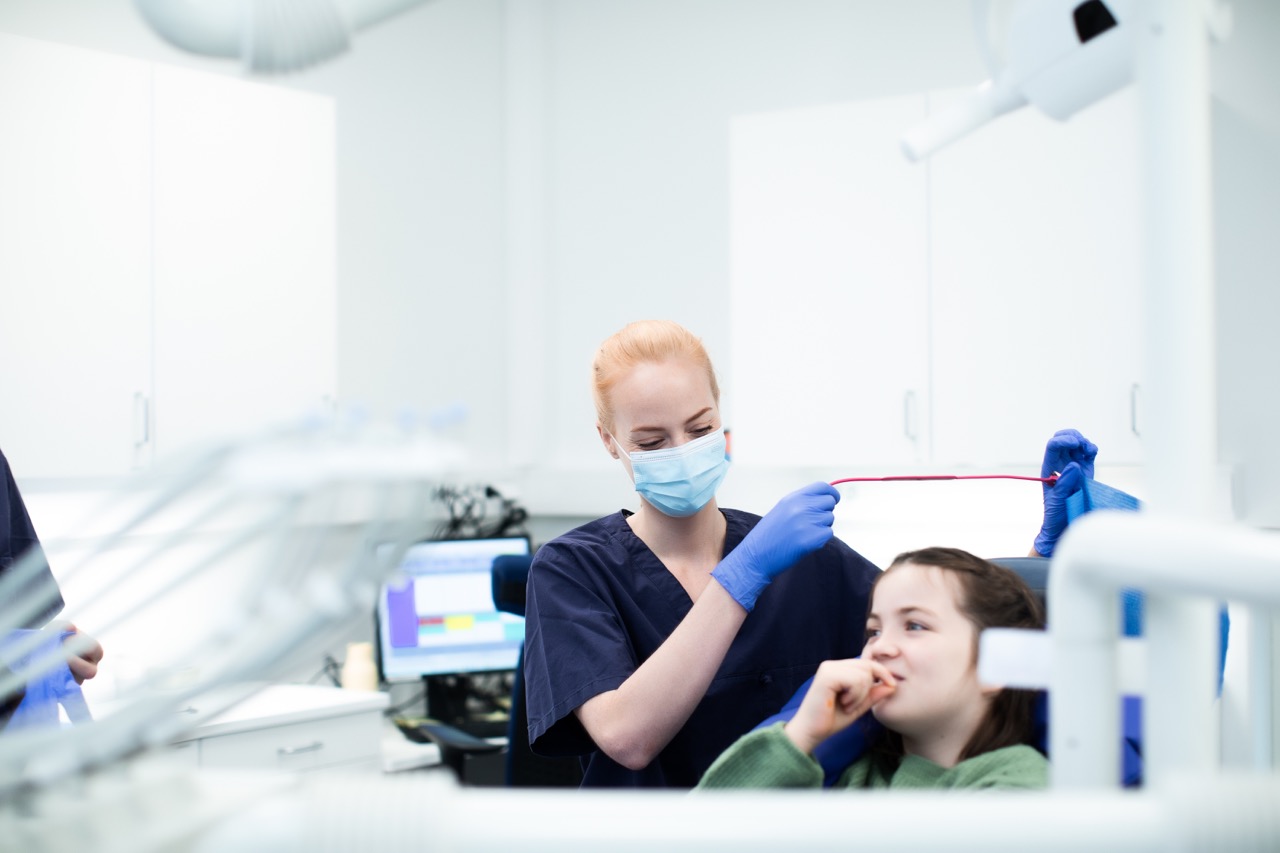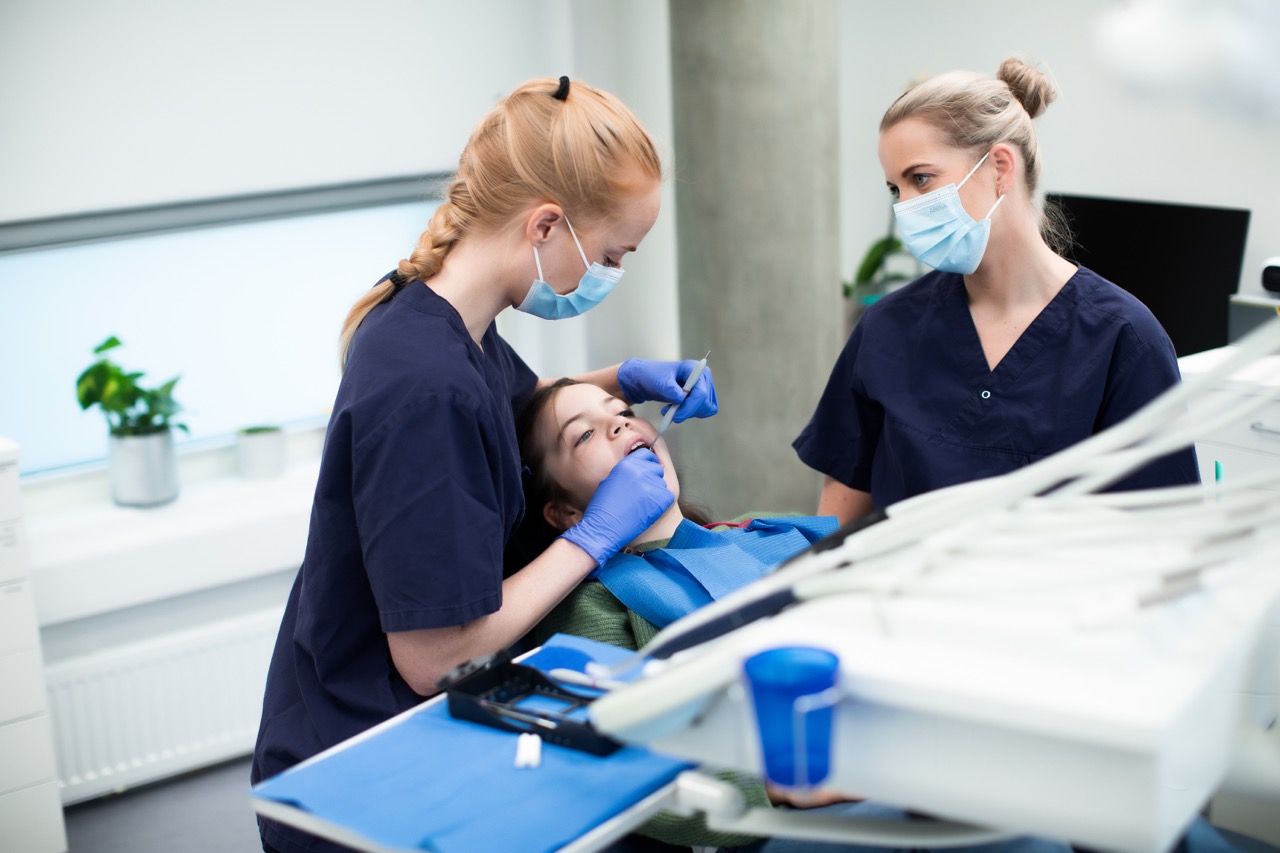BAR-ORAL and BAR-MEDS
What Happens to Our Oral Health in Obesity Surgery?

Background
In the follow-up of patients after bariatric surgery, clinicians at the hospitals find that many patients complain of poor dental status. One comment in particular remains a couple of years after surgery: Many people have experienced that their teeth become porous and break.
We have little to rely on to say whether there is actually a link between this type of surgery and oral health. Dentists are not part of the multidisciplinary team that follows up patients. Many people may have had poor oral health even before undergoing surgery. And little research has been done on the subject.
There are good reasons to investigate this further. We know from the past that obesity surgery has Systemic effects. By it is meant that the operation not only affects the adipose tissue, but has consequences for a number of organ systems in the body. Some such effects are unintentional.In particular, two factors we think may have an impact on the part of the teeth for those with obesity: pH in the oral cavity and inflammation (inflammation) of the gums.
pH
Low pH in the oral cavity over time produces acid damage (loss of tooth substance) and an increased risk of caries (holes). Several conditions suggest that acid damage can become a problem after surgery.
- Meal frequency: pH drops as a result of ingestion of food and drinks. The high frequency of meals after surgery (small but more frequent meals) makes the pH-neutral periods between meals become too short to maintain tooth enamel.
- Drinks: Both beverage choice and drinking pattern pose a potential problem as many small drinkers go through the days to get enough fluids and opt for products other than water. Many products -- both soft drinks, energy drinks, and flavored water (regardless of carbonation) -- have a deleteriously low pH for teeth.
- Salivary secretion: The mouth's defense against such acid attacks lies in the saliva that both neutralizes the oral cavity and adds minerals that strengthen tooth enamel. We are unsure how obesity surgery affects saliva production.
- Heartburn: Some patients experience heartburn problems after surgery, as in practice stomach acid is weighing up the esophagus. This can also weaken the teeth.
Inflammation
Adipose tissue secretes substances into the blood that can contribute to a general inflammatory condition (inflammation) in the body. Such inflammation seems to be key to understanding the causal link between obesity and several serious diseases. Patients with obesity are more susceptible to periodontitis which is a chronic inflammation of the gums. This we fear could help increase the overall inflammatory load in the body and so increase the risk of other diseases. For oral health, untreated periodontitis can lead to tooth loss and tooth decay.
Projects
BARE-ORAL
BAR-ORAL is an observational study scheduled to begin in the fall of 2023 to survey the oral health of patients undergoing obesity treatment. Patients should then be followed with repeated examinations for several years after treatment. The examinations are carried out by a dentist or dental hygienist either at a hospital or in a collaborative public dental clinic, but we also collect data on self-perceived oral health based on questionnaires. More specifically, the study attempts to provide answers to:
- How is the oral health of patients seeking obesity treatment compared to the population otherwise?
- Does risk of oral health problems increase in patients undergoing bariatric surgery?
- Does risk of oral health problems vary depending on which obesity surgery procedure the patient undergoes?
- What is the cost of treating — and the cost of not to treat — patients' oral health problems?
Based on the surveys, participants will receive individual feedback on their oral health and any conditions that should be treated by their own dentist/dental hygienist.
BARE-TEETH
What characterizes poor oral health in previously obese patients? We investigate this in the BAR-TEETH study that started in 2022. We are here exclusively addressing patients who themselves feel that their oral health is poor. Such a skewed sample of patients will not produce results representative of patients undergoing bariatric surgery, but they can point to what is perceived from the patient's point of view as relevant to survey oral health in this group. Thus, the project is a preliminary study to BAR-ORAL and the results will be used to decide which questions should be included in the questionnaire. Bar-teether based on patient interview and copy of dental record.
Results
Results from these projects have not yet been published.
Cooperating institutions
- St. Olav's Hospital
- County Dentist in Trøndelag
External Financing
Supported by the Regional Research Fund, Trøndelag




















